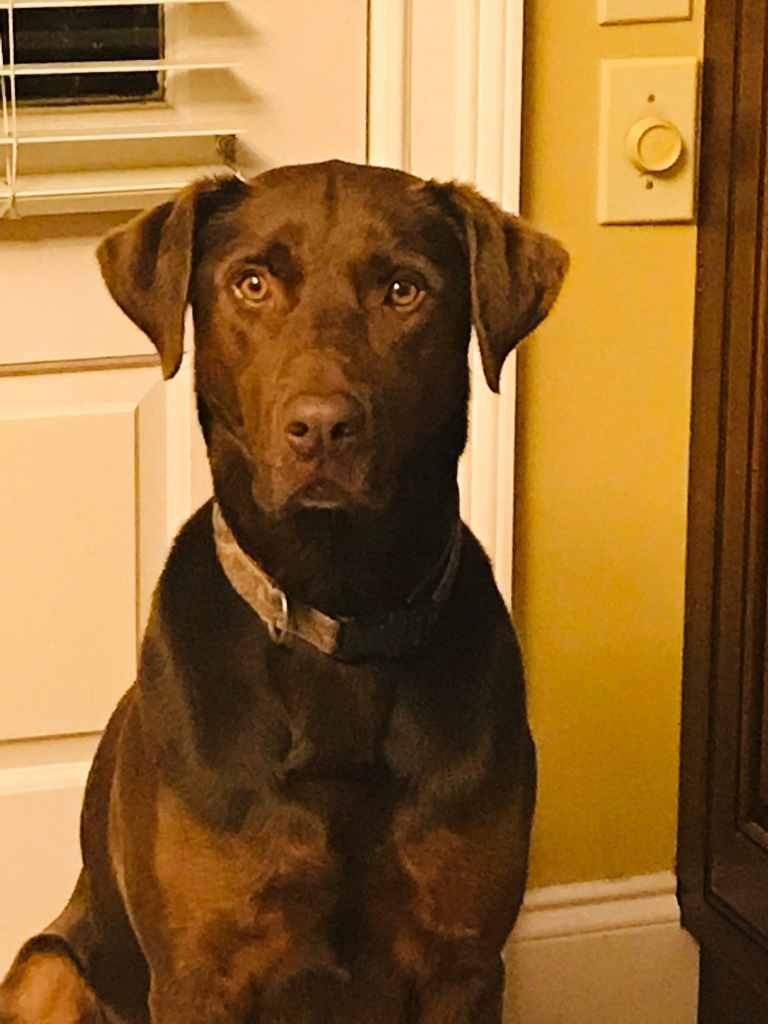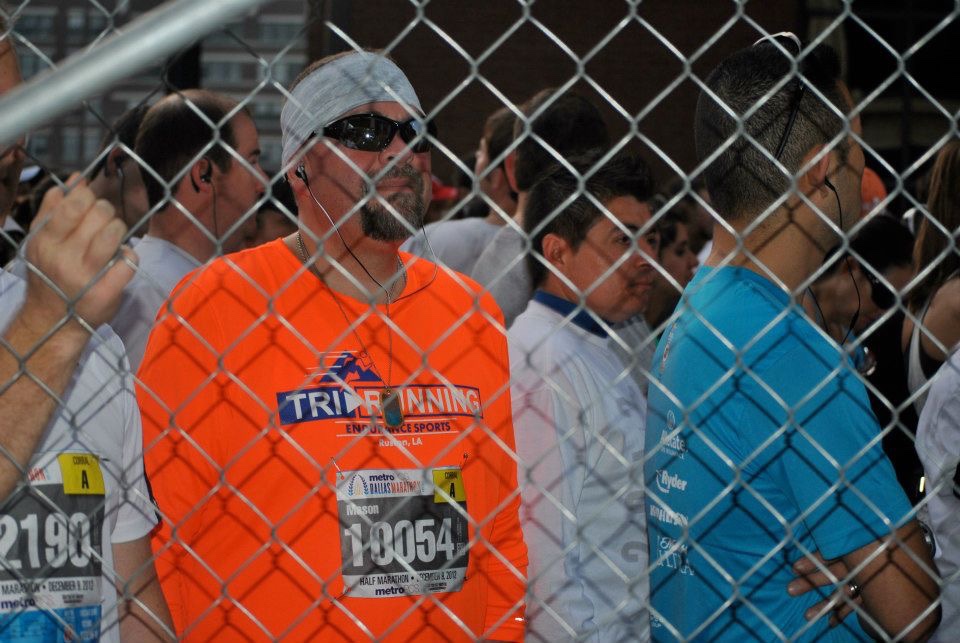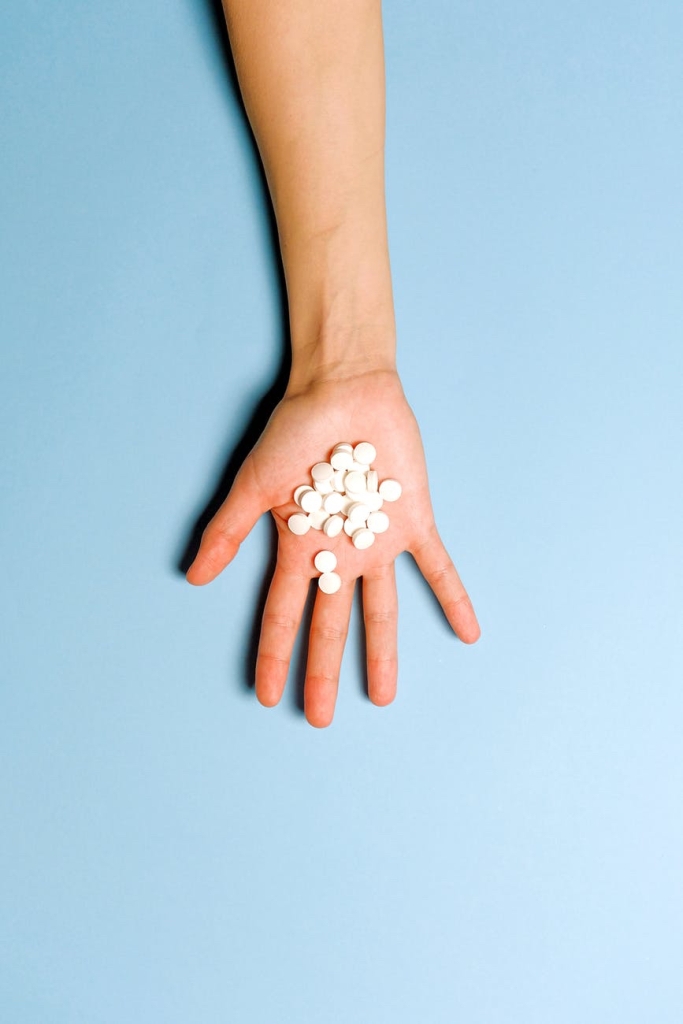
Now I have basically always had dogs in my life. So, I would definitely consider myself a dog person and not a cat person although I did have one cat that I rescued out of the snow as a kitten who was the sweetest animal in the world. Last October my chocolate lab, Herschel started coughing so I took him to the vet. At first they thought it was just allergies but a few days later it was much worse. I took him back to the vet and after series of blood tests and x-rays they determined that he had a fungal infection in his lungs. A week later he was coughing up blood and early one morning I awoke to him dragging himself across the floor as his back legs quit working. By the time we got him to the vet, he was gone. Now this absolutely broke my heart. He was my baby. We rescued him when he was about six months old and he was only seven years old when he died.

I am a big proponent of pet adoption / rescue. Almost every dog I have ever had has fallen into one of these categories. Our puggle we have is thirteen years old and her mother was rescued from a puppy mill and Savanah was born in the shelter and I adopted her as a new puppy. So in November of last year I was trying to decide; do I get another puppy or do I wait for a while. Well two friends of ours showed us their English Labs that they had gotten from Hickory Nut Kennels in North Alabama and they were beautiful. So, for th first time I got a puppy from a breeder. One of our friends who has a black lab from HNK, we did a little research and found out the ours and theirs were cousins.

I can tell you from personal experience that having a puppy in your life can be one of the most healing things you can do. It gives you something to instead of focusing on what’s wrong in your life or what you can no longer do. You literally have to pay attention to them every hour. Between crate training, potty training, general training, play time and snuggle time, they take a lot of time and attention.
If you are home bound because of a disability or because of Covid-19, having a puppy that requires a lot of attention, training, play and snuggles is one of the best things you can do for your mental health. According to a study published in Time Magazine, dogs are more than just cuddly companions — research continues to show that pets bring real health benefits to their owners.
Having a dog around can lead to lower levels of stress for both adults and kids. They’ve been found to decrease the risk of asthma in children and have been linked to lower blood pressure.
And researchers have also shown that dog owners are more active than those who don’t own dogs, packing in more steps per day on their walks or just regular playtime. Last month, a study showed that older dog owners take 2,760 more steps per day on average compared to non-owners, which amounted to an additional 23 daily minutes of moderate exercise.
In a time of loneliness and isolation, a dog can provide something to keep you busy, active and provide a source of unconditional love. I know that my new puppy, Alonso, has given me hours of love and affection as well as training and play time outside. Yes, you have to deal with getting up in the middle of the night to let them out and they will have occasional accidents in the house, it is so worth it. It is one of the best things I have done for my mental health in a long time.
If you are lonely, isolated, home bound because of a disability, consider getting a dog. They can change your life.








